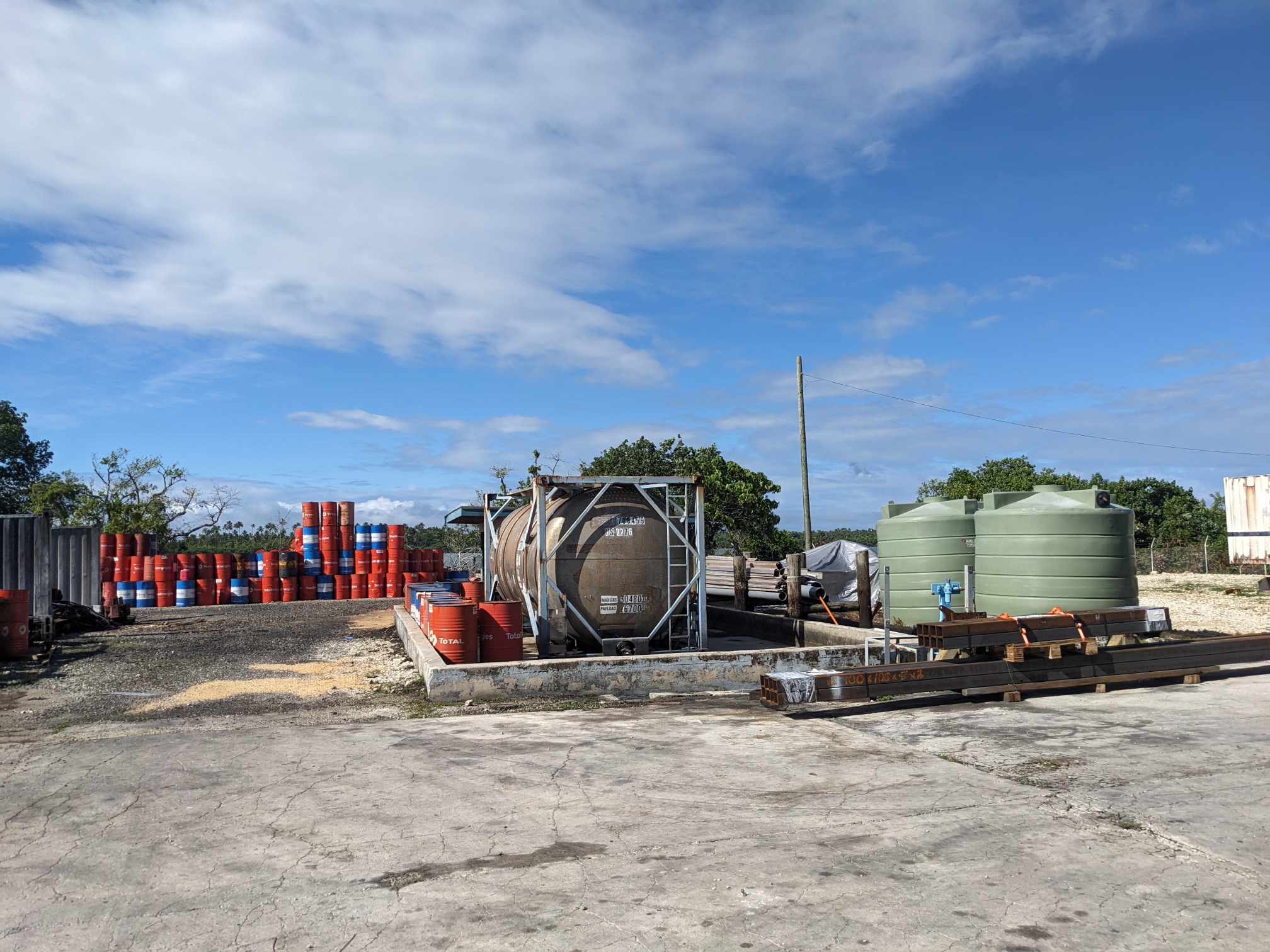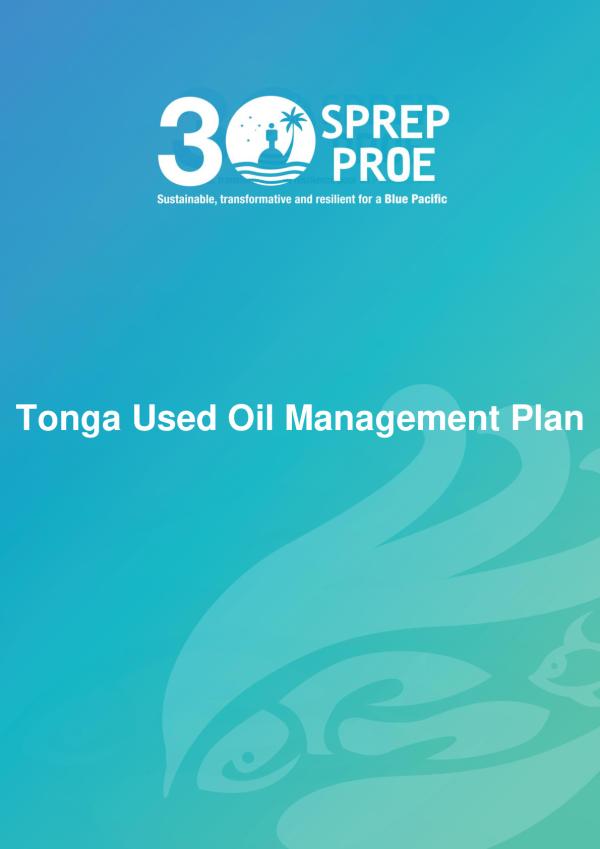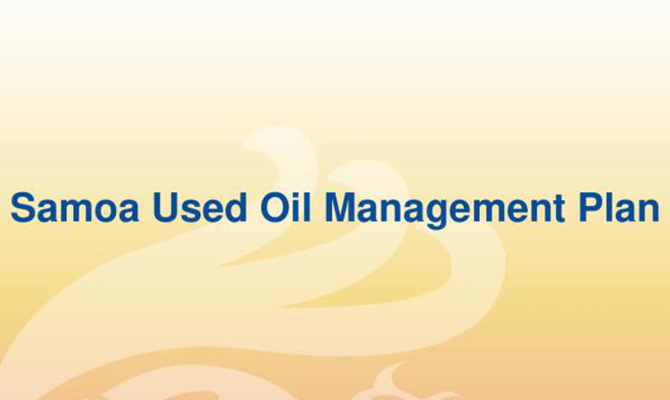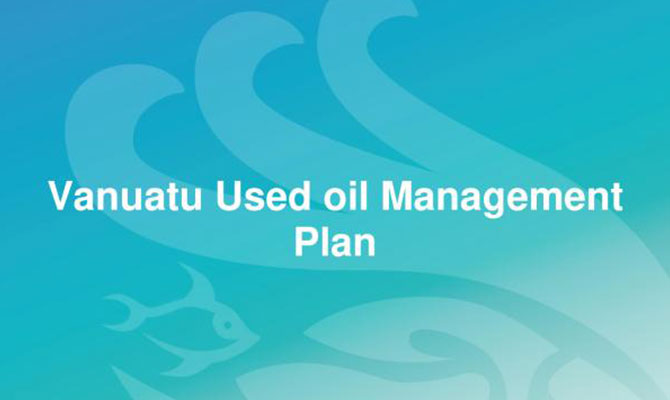
Clean Pacific Round Table 2021 - Deep Dive Side Event

French territories in the Pacific, namely New Caledonia and Wallis and Futuna, are making good progress in managing used oil which may contain several compounds that are harmful to human health and the environment, including polycyclic aromatic hydrocarbons (PAHs), heavy metal particles, and other additives such as polychlorinated biphenyls (PCBs), or chemicals used to improve oil performance.
Thus, the lack of proper collection, storage, disposal and treatment of used oils can lead to environmental contamination in case of spill (soil, groundwater, waterway or ocean pollution), and impact human health (hazardous compounds can induce various types of cancer; affect the immune, reproductive, nervous and endocrine systems; and cause other diseases).

The event was a chance to provide an overview of Used Oil Management challenges in the Pacific, where the French Territories shared their experiences on the existing legislative, technical and financial tools to address this issue.
The session, delivered in French to highlight the diversity of lessons-learned from all Pacific islands, was moderated by Ms Julie Pillet, Technical Coordinator of the AFD-funded SWAP project, and it featured Ms Ateliana Maugateau, Director of the Territorial Environment Department of Wallis and Futuna, Ms Sandra Sontheimer, Prevention and Waste Management Engineer - Environment Department of the Southern Province - New Caledonia, Mr Bernard Creugnet, Director of the eco-organisation TRECODEC and Mr Thomas Klein, Managing Director of the Company SOCADIS SARL.









